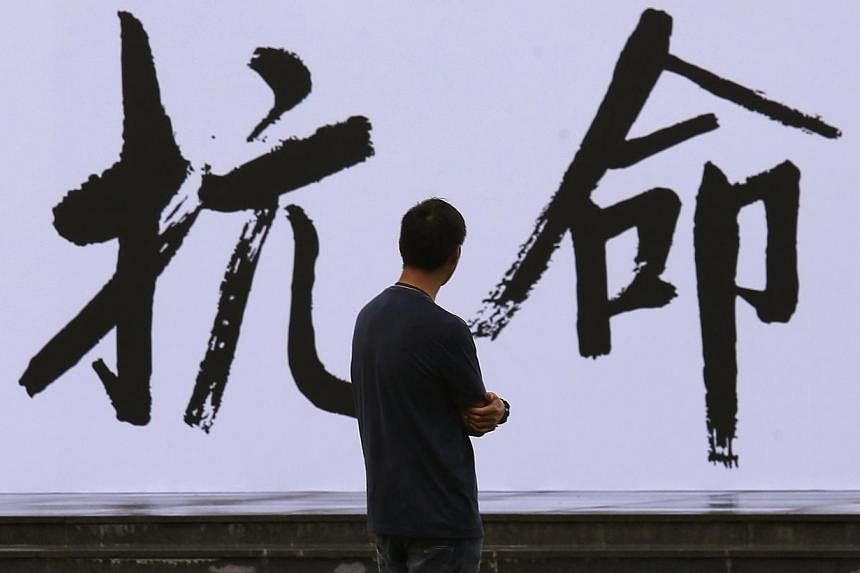Hong Kong is poised for a protracted period of political disquiet, with Beijing setting stringent rules on constitutional reform that will practically make it all but impossible for a pan-Democrat to run in a race to become chief executive.
The country's top legislative body, the National People's Congress's Standing Committee (NPCSC), on Sunday afternoon passed the resolution for the framework with 170 delegates casting a unanimous vote.
The civic disobedience group Occupy Central said it would go ahead with its plan to take over Hong Kong's Central financial district in protest, without specifying a date.
An estimated 2,000 people rallied in a park outside the city's legislature late Sunday shouting "No to fake democracy!".
Madam Maria Tam, a Hong Kong delegate, had earlier on Sunday announced the parameters for how the election should proceed.
As expected, the framework confirmed that in accordance to the Basic Law - Hong Kong's mini-constitution - there must be a nominating committee to vet would-be contenders.
But to the dismay of even the moderates, it stipulated that the composition and size of the committee must remain exactly the same as the existing 1,200-strong election committee stacked with Beijing loyalists and vested interests from four industry sectors.
This closes off the door on any negotiation that the committee could be enlarged to become more representative.
The NPCSC also said that successful candidates must get the votes of at least half the committee. This is higher than the current threshold of one-eight of votes - which had allowed pan-Democrat candidates such as Albert Ho and Alan Leong to go through.
The number of candidates will be capped at two or three.
Lastly, said Madam Tam, "if we do not successfully adopt a universal suffrage model for the 2017, the status quo will remain".
This means that Hong Kong's fifth CE will be selected by the existing election committee.
The announcement is likely to trigger a wave of protests, including sit-ins by civil disobedience movement Occupy Central.
Occupy Central's organisers are to announce their gameplan in a protest rally at the government's headquarters at Admiralty Sunday night. They propose to mobilise up to 10,000 people to paralyse the financial district should Beijing not allow for "meaningful choice" in Hong Kong's long-promised universal suffrage process to select their leader by 2017.
Besides kick-starting protests, such a plan seems unlikely to be passed by the Legislative Council, given that it requires a two-thirds majority. This means that it will require the support of at least five pan-Democrat candidates.


